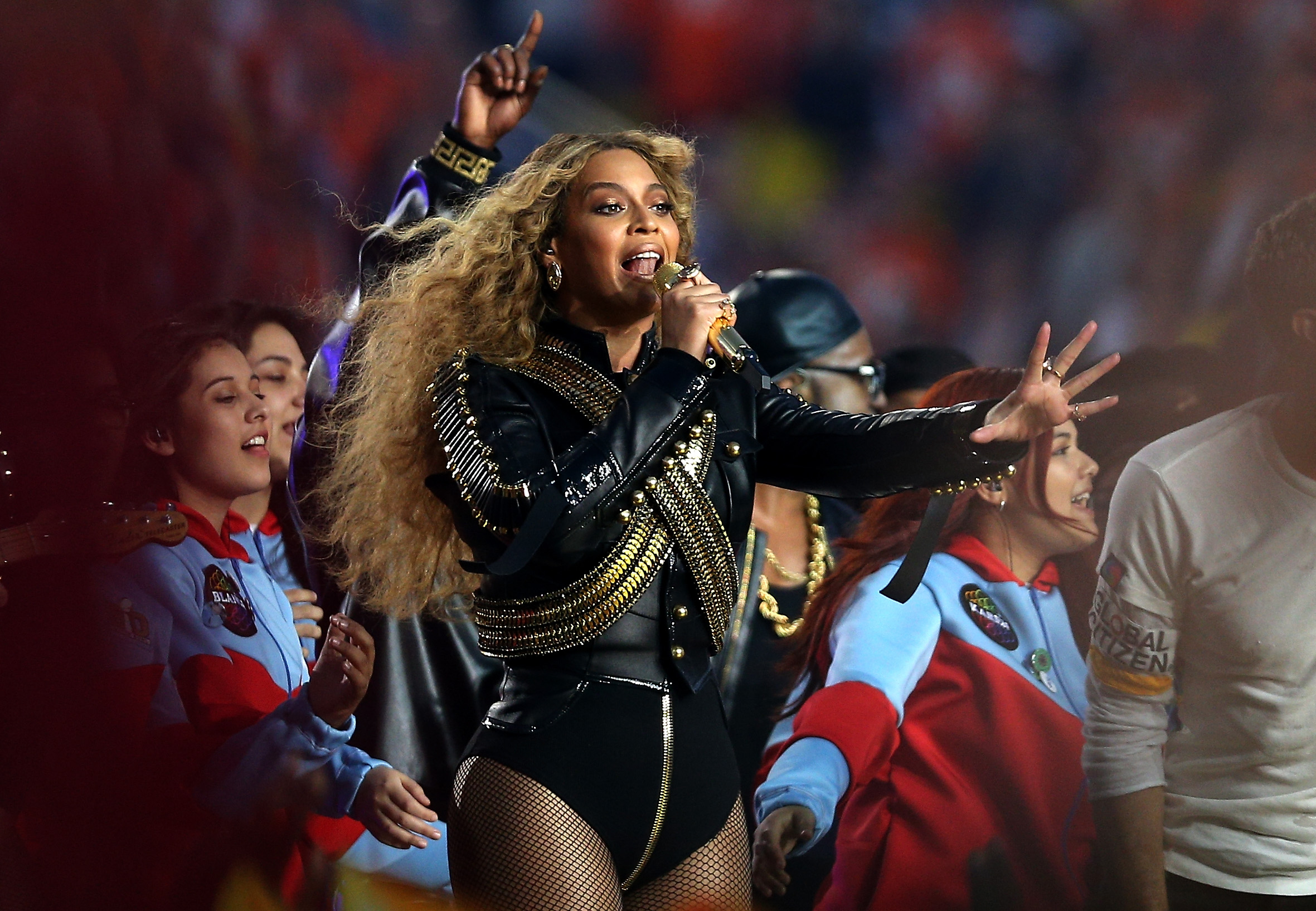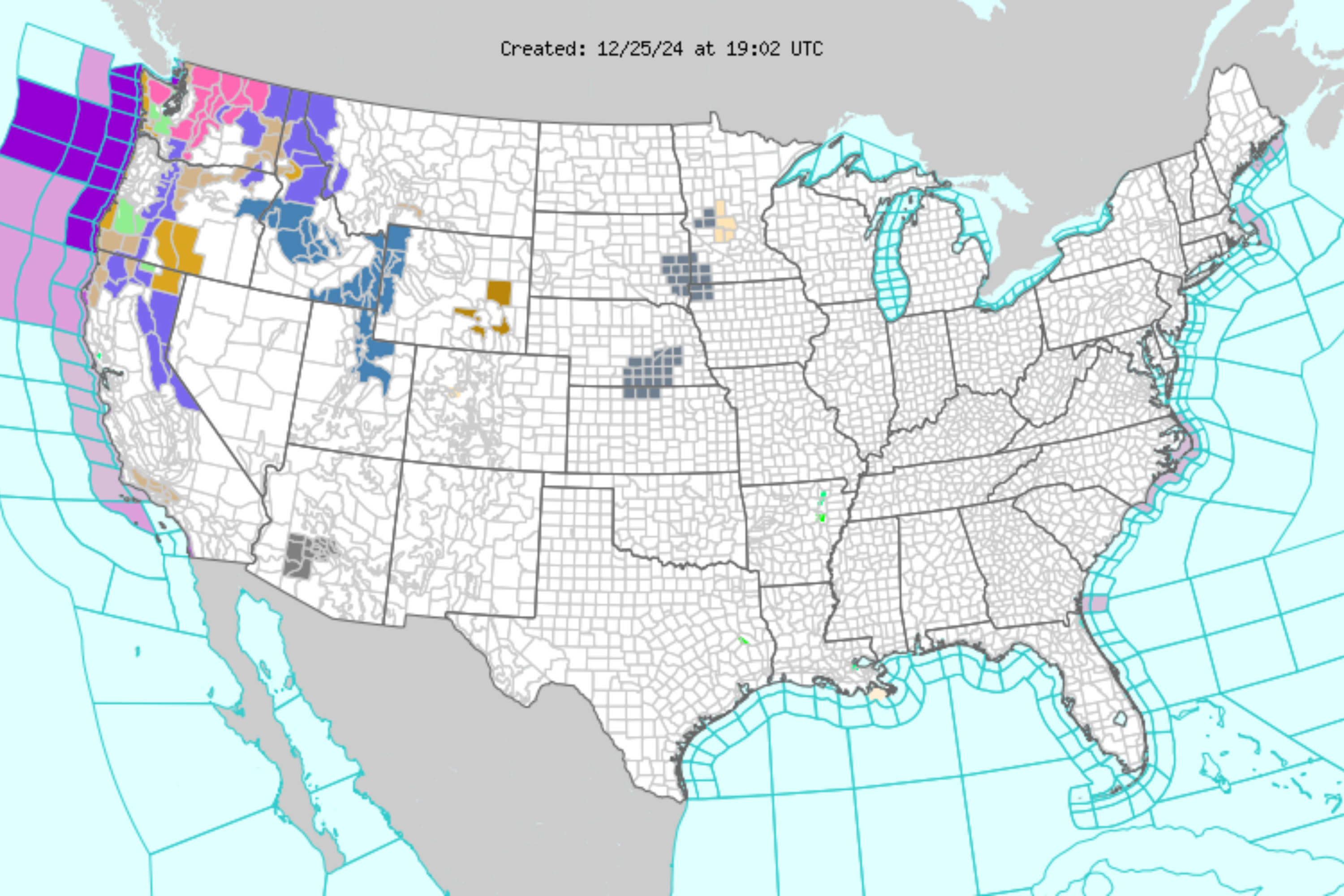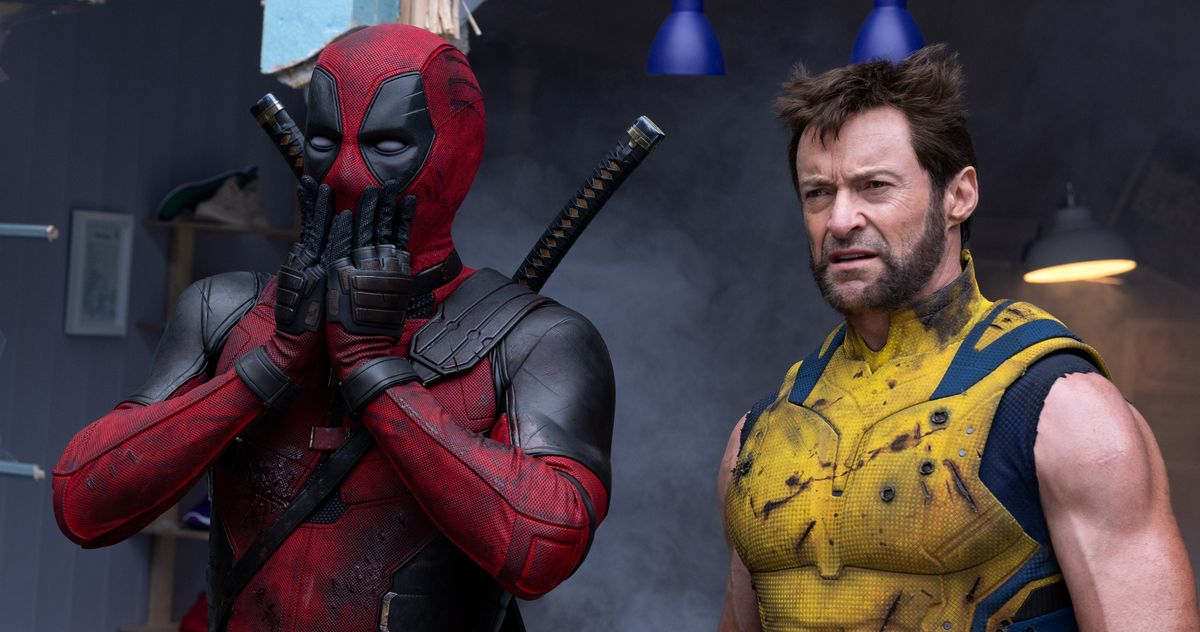With children as young as 6 months already establishing a digital footprint, parents who opt to keep their kids offline find themselves in the minority.
Privacy and security concerns appear to be the main reasons to keep your children away from social media, but the decision doesn't come without its challenges. Social isolation, bullying and alienation are all potential consequences the children may face as a result.
For Freya (who did not share her last name), keeping her 4-year-old off social media was the right choice for her family. The mom of two from the north of the U.K. told Newsweek that she and her wife stopped sharing her daughter's face on their private social media accounts when their child turned 3.

"We didn't want to choose her digital footprint for her, and she had her 'forever face' by 3. Then, when I made a public account, it felt wrong to share either of their faces as it was so public. I had no clue who would be seeing it and they're too small to consent to me posting them with an understanding of what they're consenting to," Freya said.
In a clip shared to TikTok (@thequeermama), the 30-year-old shared a dilemma when her daughter's school were taking class pictures to appear in the local newspaper.
Freya explained that when her daughter was in elementary school, she and her wife did not give consent for their daughter's photo to be posted on social media but was approached again by the school as some other parents did not mind their children being in the local media.
The couple stood firm in their choice but later found out that their daughter was the only one who wasn't in the picture. "I started to worry," Freya said in the clip. "I don't know if our choices were costing her."
In the U.S., Aghogho Oluese discussed the decision whether to post pictures of her children online with her husband extensively. The mom of two told Newsweek that she often thinks about the difficulties that come with keeping her children off social media.
"I do understand the feeling of missing out that may occur. Especially in a digital world where kids get iPads at such young ages now," Oluese said.
To combat this, Oluese plans to discuss the dangers of social media and the importance of having real-life interactions and friendships when they are of age. But what happens when they can't control the actions of others?
"The only other difficulties we have [are] with friends and family. Sometimes they don't ask our permission before posting pictures of our kids on their social media. We've talked about a compromise where they cover the kids' faces with a sticker to maintain their privacy. They're very supportive of our decision and respect our viewpoints," she told Newsweek.
Charlotte Parkin, a psychotherapist at the Priory Wellbeing Centre in Harley Street, London, told Newsweek it's important for parents to be aware of projecting insecurities onto children.
"For example, while we may feel mortified if our child is left out of a photo or a sports team, they may not show any concern," Parkin said. She advised open communication with a child to explain why this particular boundary is so important to you as a parent.
"The child will need to understand the importance of holding onto this value and boundary, and may want to adopt it as part of their own way of life in the future.
"It may mean rejection, funny looks and comments from some, but at least you will learn who sees and respects you for what you stand for, and this is a very important lesson in itself," Parkin said.
For now, Oluese said she and her husband have now come to a compromise. "Our kids will get a phone when they're old enough to use one at age 14. This will be a non-internet enabled phone that's just for making phone calls," she said.
Friends and family members expressed disappointment initially when Freya and her partner first stopped sharing their eldest daughter online, but quickly understood why they chose to do it.
"We worry they may be left out of school events at times [and] I also worry that they won't understand why we did it fully at first, but I've grown to be okay with this. There's a lot I didn't understand about my parents' choices until I was an adult, if this is one of those things then I can accept that and wait it out," she said.




















 English (US) ·
English (US) ·